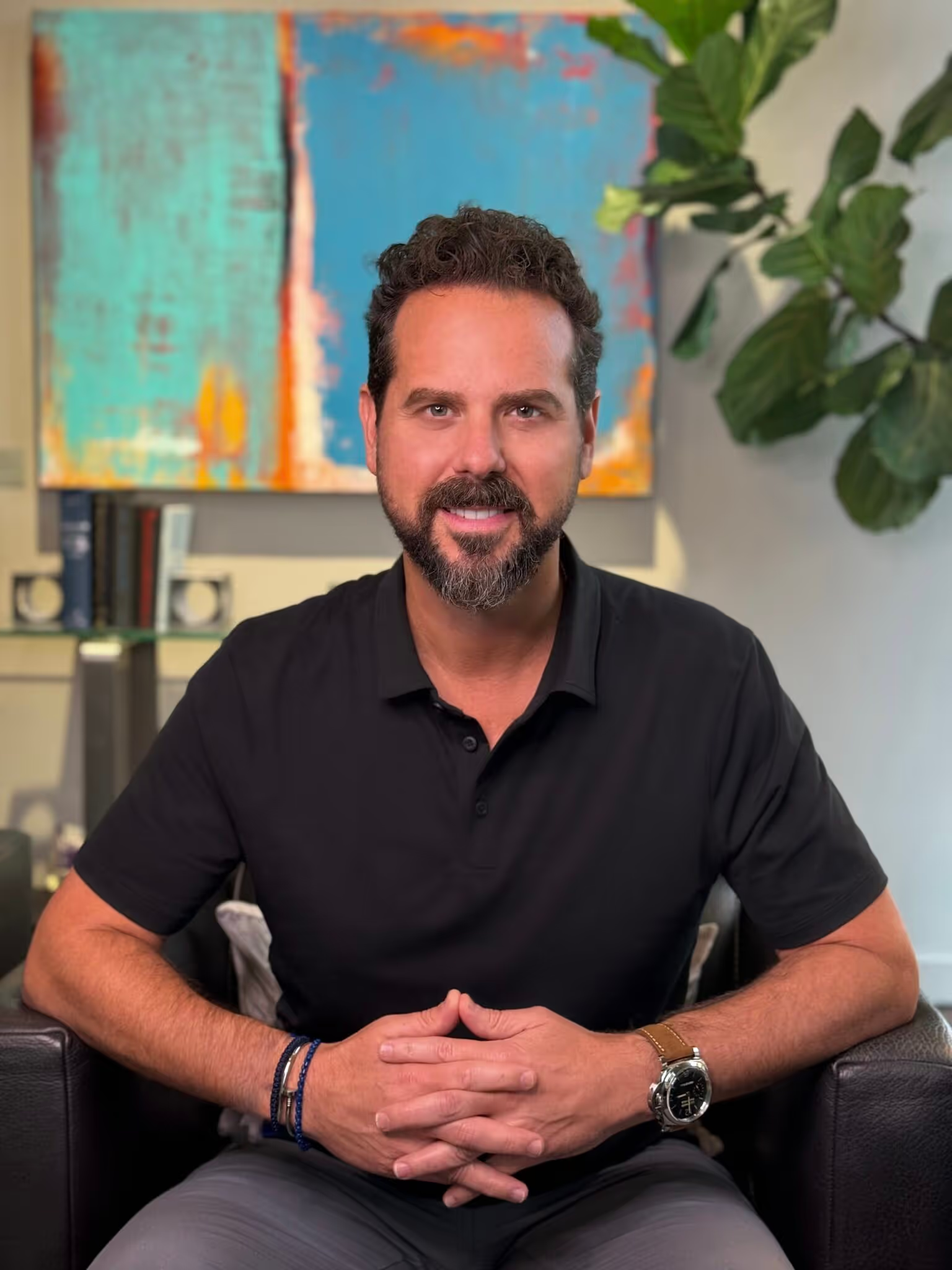
What happens with our unprocessed trauma?

For most human beings, life is far from perfect. For many of us, something traumatic has occurred in our lives at some point in time - whether it was in our childhood, our teenage years, or in adulthood. Those traumatic experiences or chapters in our lives generate real emotions and feelings. Unless we process these emotions at the time the trauma occurs, they become stuck in our mind and body. It has even been said that you are “stuck at that age” - whatever age that trauma or wounding occurred. Until we heal from these circumstances, events, or people in our lives, the emotions will keep us stuck and affect our present-day decision-making, relationships, and experiences until we deal with it.
If we don’t want to relive our trauma over and over again, we must press pause and truly experience any anger, sadness, shame, or fear that comes from childhood or adulthood trauma. This is not an easy task and requires inner work, which is why many don’t take the step. Pausing to recognize our pain, hurt, and disappointment when we experience trauma often means being vulnerable enough to cry, confront someone we love, or walk through the pain. It often feels much easier to suppress those feelings and forget anything ever happened. The process of dealing with trauma is especially challenging for a child and they often need help walking through their emotions and feelings.
Sometimes, the reason we don’t learn to process trauma is that our early primary caregivers and socializing have taught us to “not cry” or “get over it!” anytime there was a pain. In this way, many of us never learn to embrace feelings, identify emotions, or talk about what we’re experiencing. If you have unprocessed trauma that continues to come back and play into your present relationships and life experiences, I encourage you to work on completing that healing process. There is freedom that comes when you truly heal from childhood emotional wounds. It may feel uncomfortable at first, but the journey is rewarding.

